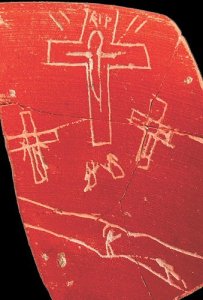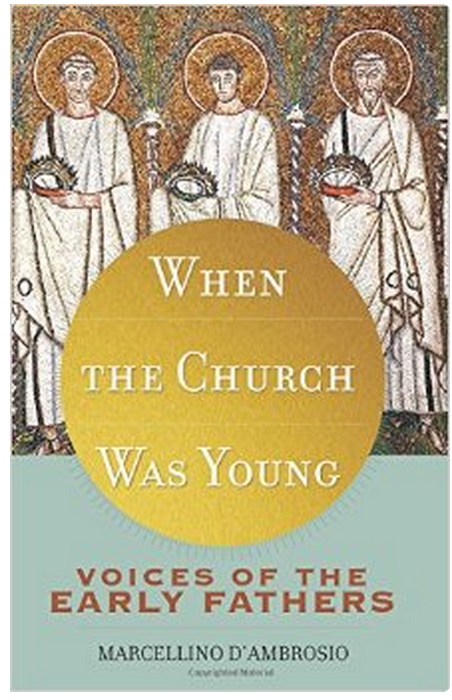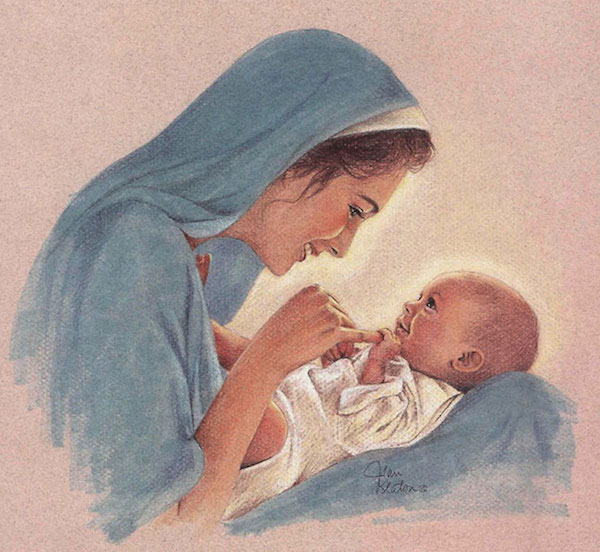Quick Apology: Losing Authority
Today’s “Quick Apology” comes from a conversation a friend of mine recently had with a Reformed Protestant. It’s actually a bit of a long response for a “Quick” apology, but oh well…
Objection
“I’ll concede that the case for the historical church being the Catholic church is very strong. However, the chosen people (the Israelites) were consistently disobeying God throughout history and eventually ended up crucifying Christ. Throughout history the chosen people abandoned God. What makes you think that the Catholic Church hasn’t done this or won’t do this?”
Response
Here, the Protestant is admitting to many of the claims of the Catholic Church, but appears to be challenging the Church’s continued status as Christ’s Church, as well as calling into question her continued authority.
It must first obviously be admitted that sinners are found in the Catholic Church. After all, why else do you think I’m allowed membership?!. However, a few points should be made…
Old Testament
Israel certainly sinned over the course of Salvation History. However, would it mean that because of this, it would be better for a Jew or Gentile to abandon God’s people and “go it alone”? Of course not! If one left Judaism, thinking that this couldn’t possibly be the true religion due to the hypocrisy of some of their rulers and many its followers, then one would be making a huge mistake!
As Saint Paul said, “…to them belong the sonship, the glory, the covenants, the giving of the law, the worship, and the promises; to them belong the patriarchs“ (Romans 9:4-5). The Lord had given to Israel many wonderful gifts for the sake of salvation. It would be crazy to reject these gifts and walk away!
However, we actually have an example in the Old Testament of when some members of Israel did just that. After King Solomon’s death, his son ascended to the throne (1 Kings 12) who was a complete tyrant. The northern tribes refused to follow him and this resulted in the division of the Kingdom: the Kingdom of Israel in the north and the Kingdom of Judea in the south. This separatist movement received the condemnation of the prophets. Not only had they abandoned their rightful king, they had cut themselves off from the priesthood, the Temple and the sacrifices.
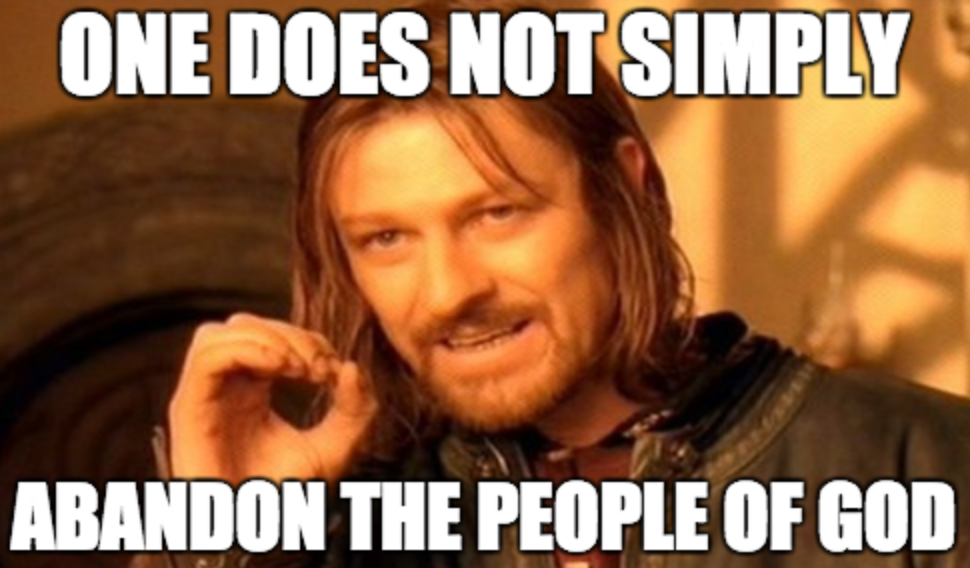

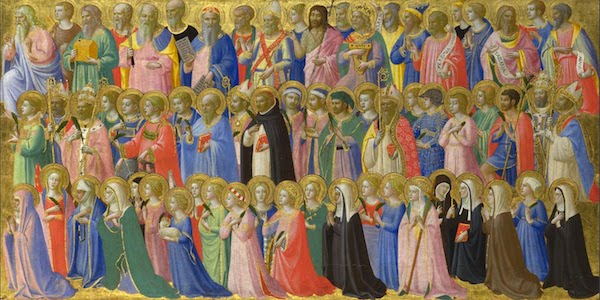


 A little while ago I wrote a post about the earliest known
A little while ago I wrote a post about the earliest known 